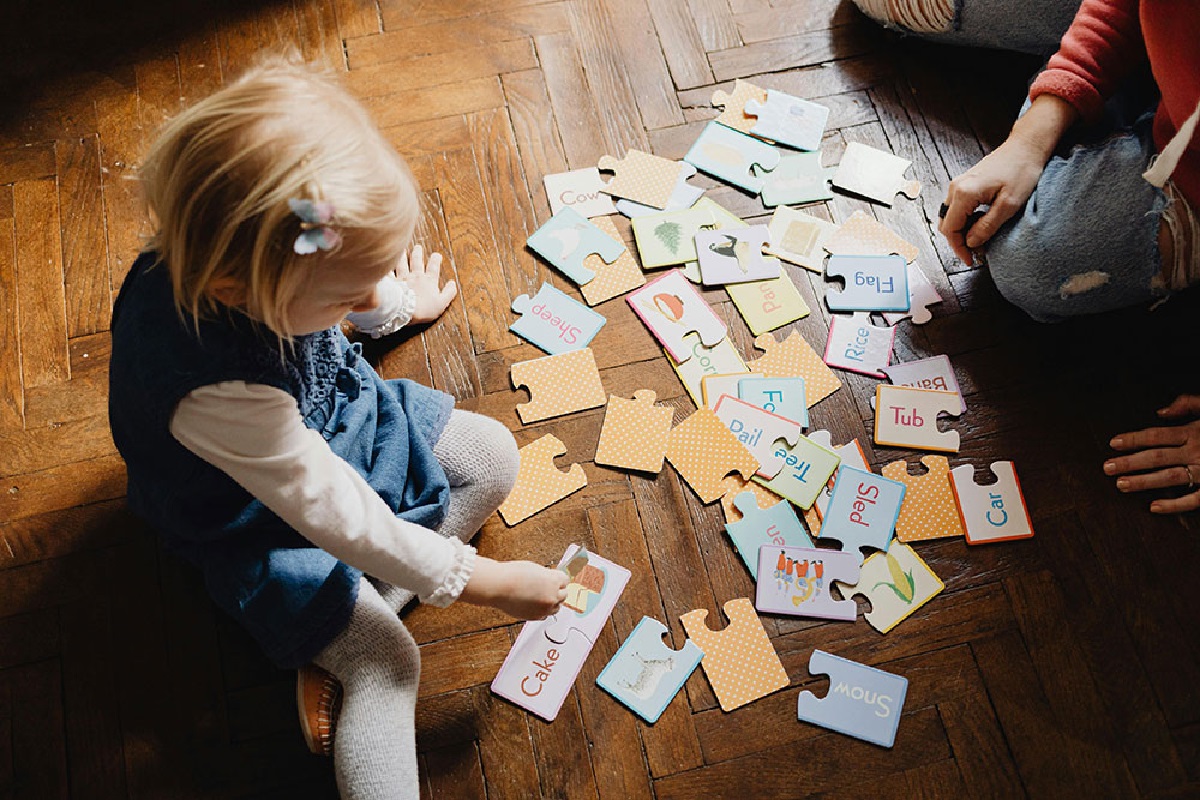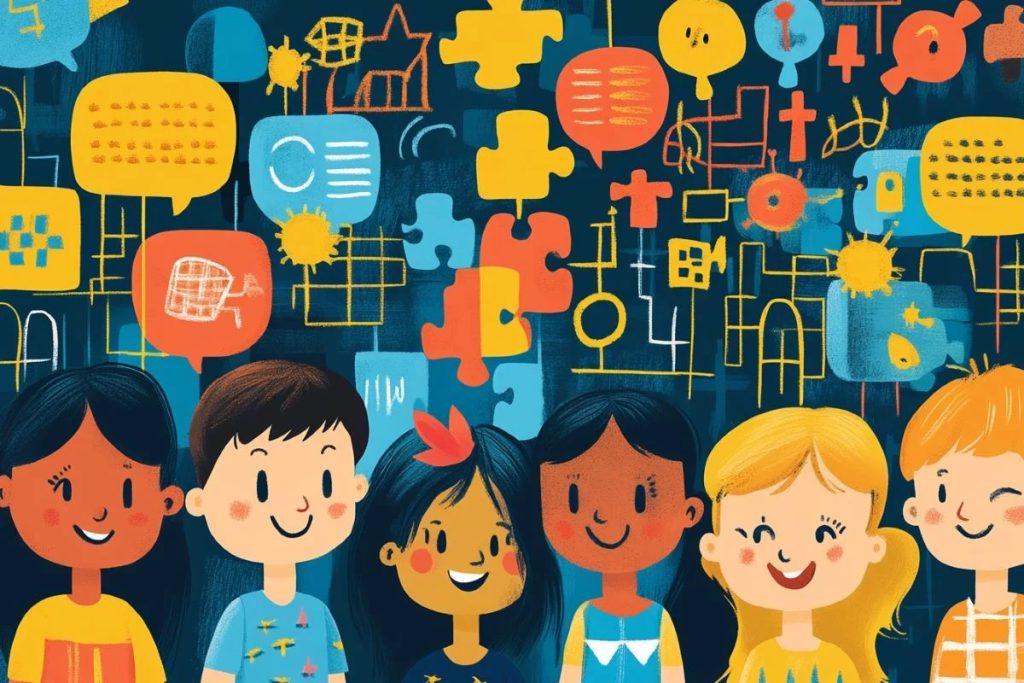Children’s Remarkable Ability to Learn Without Focus
A Psychological Study Reveals Why Kids Learn Better Through Play and Multisensory Experiences.

Watan-The latest psychological study, published at the end of December last year in the journal Psychological Science, revealed that children might learn almost equally well whether they try to focus on the material they receive or not. Researchers from the University of Toronto explained that this ability is a unique skill among children, unlike adults who tend to ignore information they are not paying attention to.
Involuntary Absorption of Information
The researchers confirmed that children absorb all the information around them involuntarily because they use all their senses during learning. This contrasts with adults, who typically focus on a specific sense when learning something. This may explain why learning is generally easier during childhood compared to adulthood.
For instance, a child playing and running while a book is being read aloud may still absorb information through visual images and the sound of reading, even if they do not pay attention to the written words. Adults, on the other hand, would focus solely on reading.
To test this hypothesis, the researchers examined how much children and adults learned about drawings of common objects after two different experiments. The study involved a small group of 42 elementary school children aged 7–9, with fewer than half being boys (18), and another group of 35 adult students aged 17–23 (late high school and university levels), where the number of males was slightly less than half (15).

The researchers controlled for all factors that could influence the results, such as proper vision (natural or corrected) and the absence of neurological or psychological conditions that might affect the participants’ perception or understanding of the drawings and instructions.
In the first experiment, the researchers asked the children to focus and pay attention to the drawings displayed. In the second experiment, they instructed the children to ignore the drawings entirely and complete a completely different task. After each experiment, the children were asked to identify specific parts of the drawings as quickly as possible. The scientists found that the children learned and remembered information (even if it was simple) about the drawings to almost the same extent in both experiments.
Focus Experiments
In contrast, the researchers repeated the same experiment with adults to determine how well they could learn. Surprisingly, adults learned more when they were instructed to focus on the drawings, but they did not learn as much when they were told to ignore the drawings and focus on something else.
In other words, children’s learning was not negatively affected even when they were asked not to pay attention to the information they were later tested on. This is attributed to the slower development of what is known as selective attention (the ability to focus on a specific task and ignore distractions), a mechanism that does not fully mature until early adolescence.
Previous neurological studies on children’s brains found that they process all types of information with equal attention, whether they are instructed to focus on it or not. This often results in children acquiring more information from their surroundings, both audible and visual. This phenomenon explains children’s exceptional ability to learn languages, including adopting native-like accents simply by being in an environment where a language is spoken. For example, in many immigrant communities, children tend to speak the language better than their parents, regardless of the duration of their stay, because they learn effortlessly and unconsciously.

Benefits of Slow Selective Attention
The researchers highlighted that the slow development of selective attention in childhood carries many advantages, as it encompasses two distinct processes: enhanced processing of specific information and filtering out irrelevant information.
In early childhood, the brain needs to absorb a wide range of information and develop various skills, such as reading, writing, language learning, social communication, and emotional development. Therefore, the brain requires a large amount of information to build a database that can later be filtered and focused on important details while discarding less critical information. This filtering process allows adults to perform specific tasks more efficiently without being distracted by secondary matters.
Educational Recommendations
The study advised curriculum designers to consider these findings when creating educational materials tailored to different age groups. For example, for children before adolescence, the results highlight the benefits of learning through play and utilizing multimedia and a rich learning environment with visuals and interactive activities. For adolescents and young adults, defining clear goals or tasks at the beginning of a lesson or workshop is crucial for achieving better outcomes






